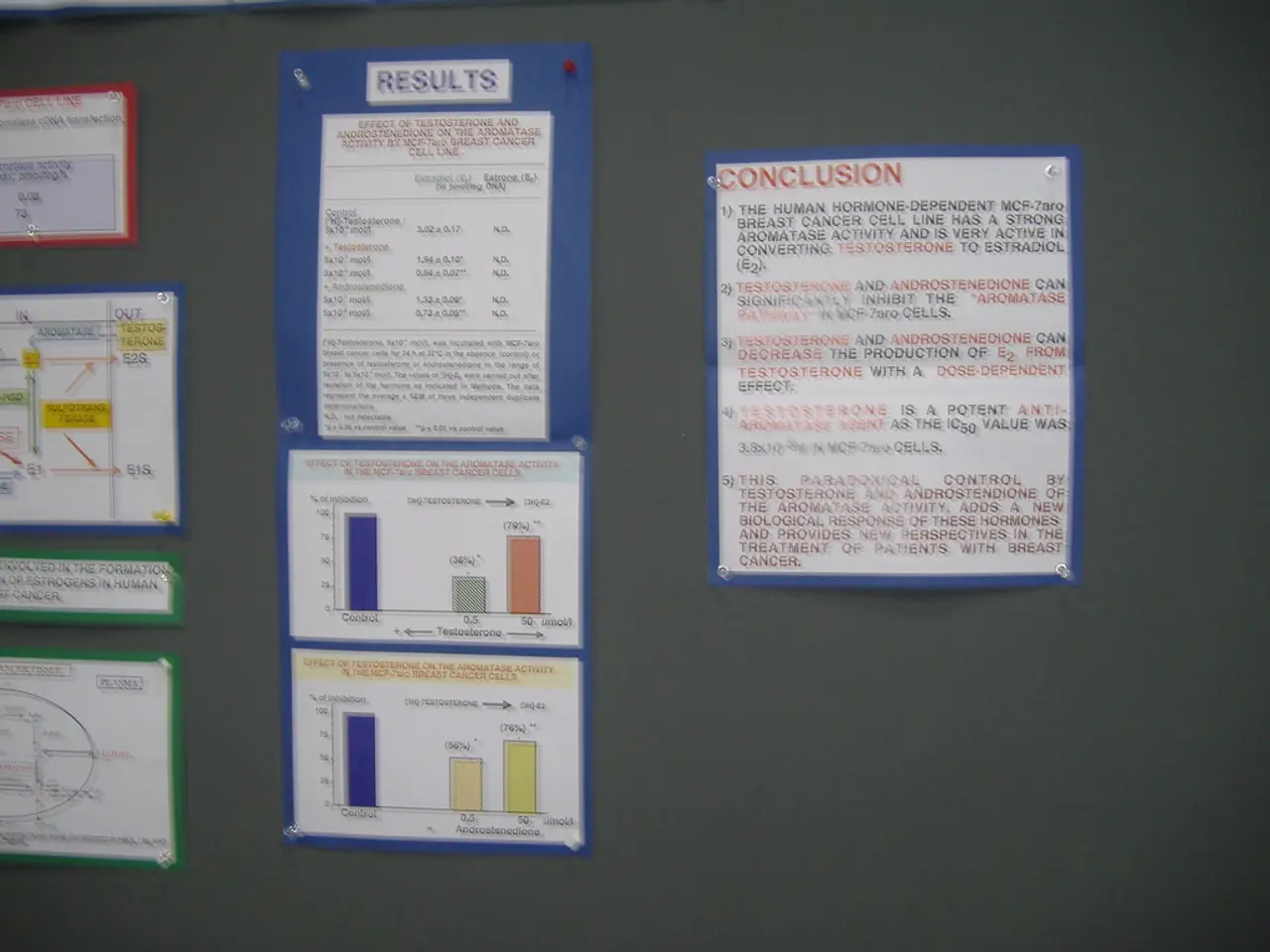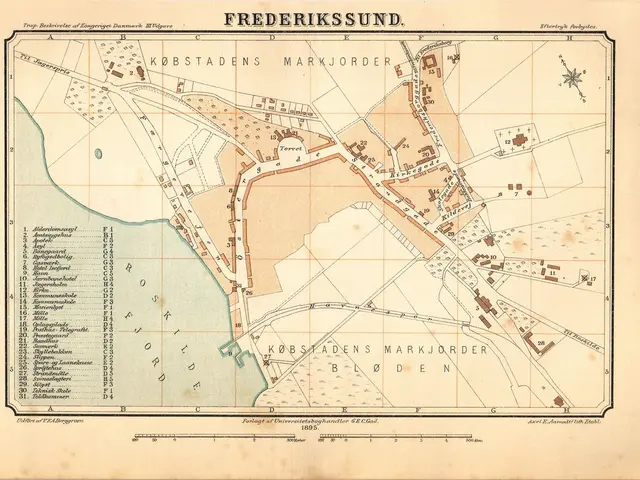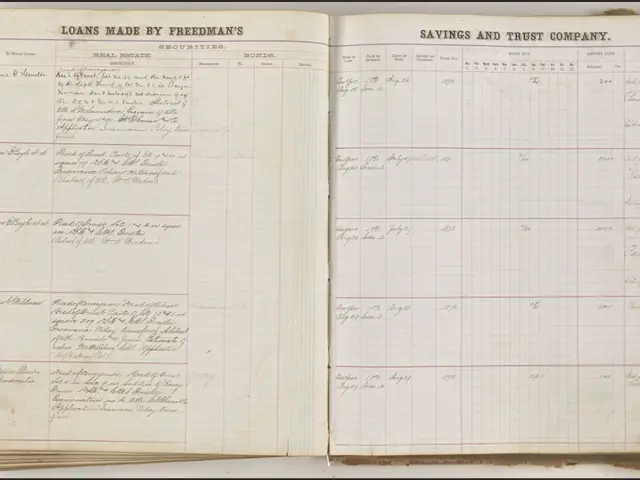Germany’s job centres fail to enforce sanctions despite stricter unemployment rules
A new report by the Federal Court of Auditors has highlighted serious shortcomings in Germany’s job centres. Despite stricter rules for unemployment benefit recipients, many remain without work, and sanctions are rarely enforced. The system is struggling to connect people with jobs, leaving potential untapped even as labour market conditions grow tougher. Since March 2024, tougher sanctions have targeted so-called total refusers—those who repeatedly turn down job offers or training opportunities. Yet these measures have failed to deliver the expected cost savings. Only a small two-digit number of benefit recipients nationwide have actually lost their payments due to refusals. Legal hurdles make enforcement difficult: job centres must prove the rejected position was still available after the refusal, a condition that is almost impossible to meet in practice. The Federal Court of Auditors’ findings reveal a system struggling on multiple fronts. Job centres are failing to activate employable recipients, sanctions are rarely applied, and legal barriers prevent stricter enforcement. With few suitable jobs available—especially for unskilled workers—the challenges of reducing unemployment and cutting benefit spending remain unresolved.
Read also:
- Executive from significant German automobile corporation advocates for a truthful assessment of transition toward electric vehicles
- United Kingdom Christians Voice Opposition to Assisted Dying Legislation
- Democrats are subtly dismantling the Affordable Care Act. Here's the breakdown
- Financial Aid Initiatives for Ukraine Through ERA Loans








